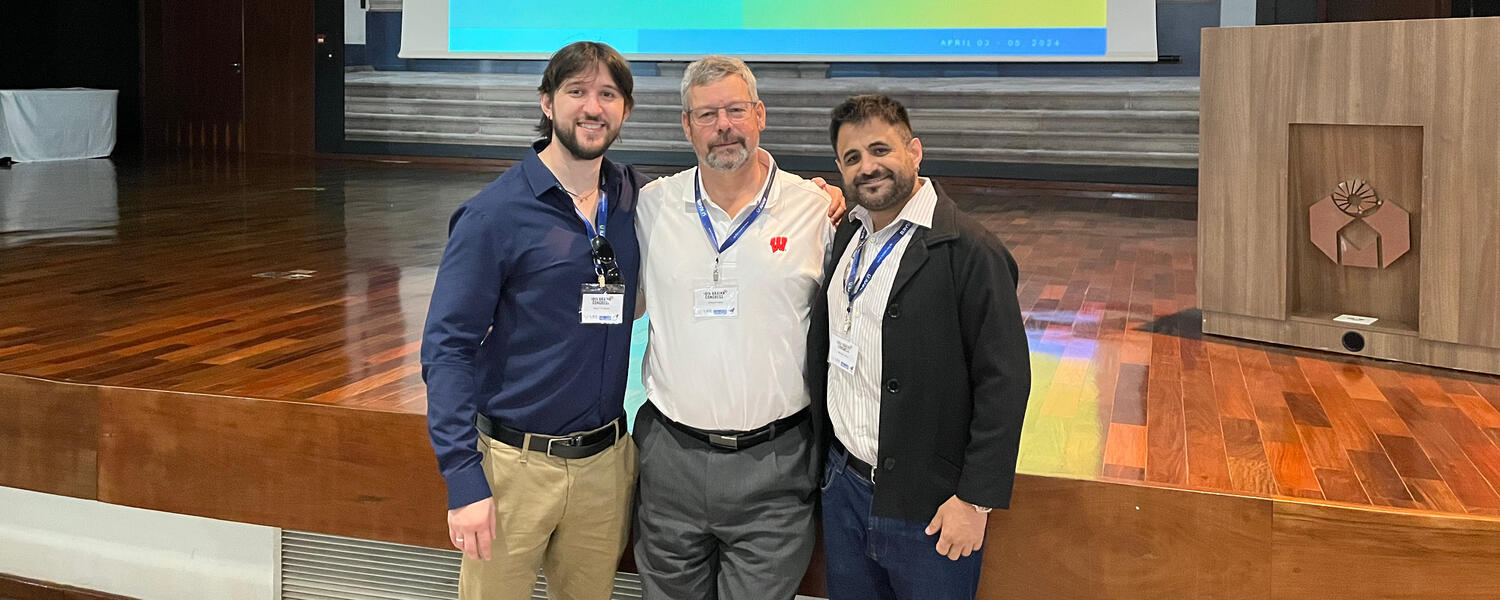
Prospective Trainees
Joining Our Team
We are looking for outstanding graduate students and post-doctoral fellows to work in a number of research areas listed on the Research Activities page.
Periodically we have the opportunity to train undergraduate students.
Our team has included people from across Canada, as well as from Argentina, Brazil, China, France, Hong Kong, Germany, India, Iran, Korea, Mexico, Pakistan, Saudi Arabia, Spain, Syria, Switzerland, Taiwan, and the United States.
O Vascular Imaging Laboratory particularmente recebe os visitantes brasileiros. Nós até falar um pouco de português (na verdade muito pouco)!
General Requirements
Graduate Student candidates typically require a bachelor degree in engineering, computing or physical sciences with an average of >80% (GPA >3.6/4.0, A-, or equivalent). Select projects may require a degree in biological or health sciences. Requirements:
- Good experimental or theoretical skills are generally valued, as is prior experience in a research setting,
- Good oral and written communication skills in English, and
- Good technical and computer skills are essentially and an ability to program in C++, Python or Matlab (strongly suggested).
Graduate students typically enroll through the Biomedical Engineering or Medical Sciences graduate programs at the University of Calgary. In special cases, appropriate students are registered in the Neurosciences program.
Most graduate students elect to take the Medical Imaging Graduate Specialization (MEDI).
The university's Faculty of Graduate Studies oversees all MSc and PhD programs.
Post-doctoral Fellow candidates must have completed their PhD requirements within the last ~3 years. Typically a thesis-based PhD in engineering, computing, physical sciences, or equivalent is the best fit. Select projects may require a degree in biological or health sciences. General requirements include:
- Good experimental or theoretical skills are particularly valued, as is prior research experience in a medical imaging or a closely related setting,
- Good interpersonal and leadership skills, and communication ability in English (as evidenced by presentations and papers during the PhD), and
- Ability to program in C++, Python or Matlab.
The University of Calgary Post-doctoral Office provides more details about post-doctoral fellowships.
Undergraduate Students should be working towards an engineering or science degree and have an average of >75% (GPA >3.0/4.0, B, or equivalent). Proficiency with computers is required. Applicants for summer student positions normally should apply prior to December 31 of the year prior to the proposed summer position.
Honors thesis and project students should discuss opportunities the term prior to the start of the project.
Visiting Graduate Students, Post-doctoral Fellows, Research Staff and Faculty on temporary research exchange are also welcome.
Often visiting trainees are funded by their home institution/country and, if not a Canadian citizen or permanent resident, must secure appropriate authorization from the Canadian government.
Typically,
- Visiting graduate students register as a "Visiting Research-based Student" at the University of Calgary (click here). As part of this process the are admitted by the Faculty of Graduate Studies to a graduate program (typically Biomedical Engineering or Medical Sciences) and pay a nominal tuition fee.
- Visiting post-doctoral fellows follow the process outlined here. Visiting fellows generally become members of Radiology.
- Visiting researcher staff and faculty require appropriate study or work permits. Visiting researcher staff and faculty become members of Radiology.

